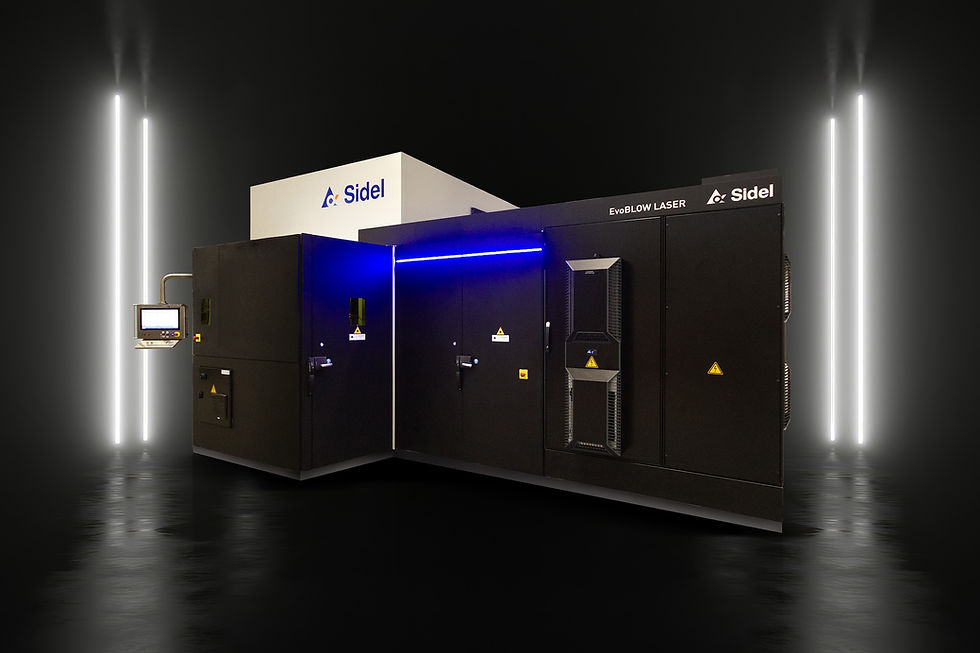The latest news, trends, analysis, interviews and podcasts from the global food and beverage industry
Alpla has unveiled a new recyclable wine bottle made of PET, designed to enhance sustainability and cost-efficiency within the wine industry. This new bottle, which weighs just an eighth of its glass counterpart, can reduce carbon emissions by up to 50% and offers significant price savings, marking an advancement in eco-friendly packaging. The newly unveiled 0.75-litre PET wine bottle, which weighs only 50g, has already made its debut in Austria, containing white wine from Wegenstein winery. Now available in both 0.75-litre and 1-litre sizes, Alpla plans to manufacture several million units annually by 2025, with a focus on producing bottles entirely from rPET. This sustainable innovation joins the Europe-wide bottle-to-bottle recycling loop, reducing carbon emissions by 38% compared to traditional glass bottles, even before incorporating recycled PET (rPET).
"PET is light, unbreakable, recyclable and requires minimal energy for moulding, making it an ideal packaging solution.," said Daniel Lehner, global sales director for food and beverage at Alpla. "Winemakers can significantly improve their environmental footprint while also reducing costs. The PET bottles meet all quality standards, are available in transparent or green, and are suitable for various types of wine."
The shift to PET bottles also offers economic advantages. The lower material and energy consumption reduce carbon emissions, with the use of rPET further enhancing these savings. Even with 30% rPET, carbon emissions are reduced by 43%, and using 100% rPET halves the ecological footprint, achieving a 50% reduction in carbon emissions.
The lightweight nature of PET also decreases shipping costs, and Alpla's PET wine bottles are up to 30% less expensive than their glass counterparts. These PET bottles are compatible with conventional metal screw caps and existing bottling lines, ensuring a seamless transition for winemakers. Wegenstein winery, the pilot customer, has successfully integrated PET bottles into their bottling process alongside glass bottles. "The PET bottle is perfectly tailored to our bottling and shipment processes. Our collaboration with Alpla significantly accelerated the market launch," said Sebastian Rosenberger, project manager at Alpla. Herbert Toifl, managing director of Wegenstein winery, praised the new packaging: "The PET bottle lives up to its promise. It is visually appealing, maintains our wine’s quality, and is practical. We are offering an innovative solution for environmentally conscious consumers."














.jpg)
